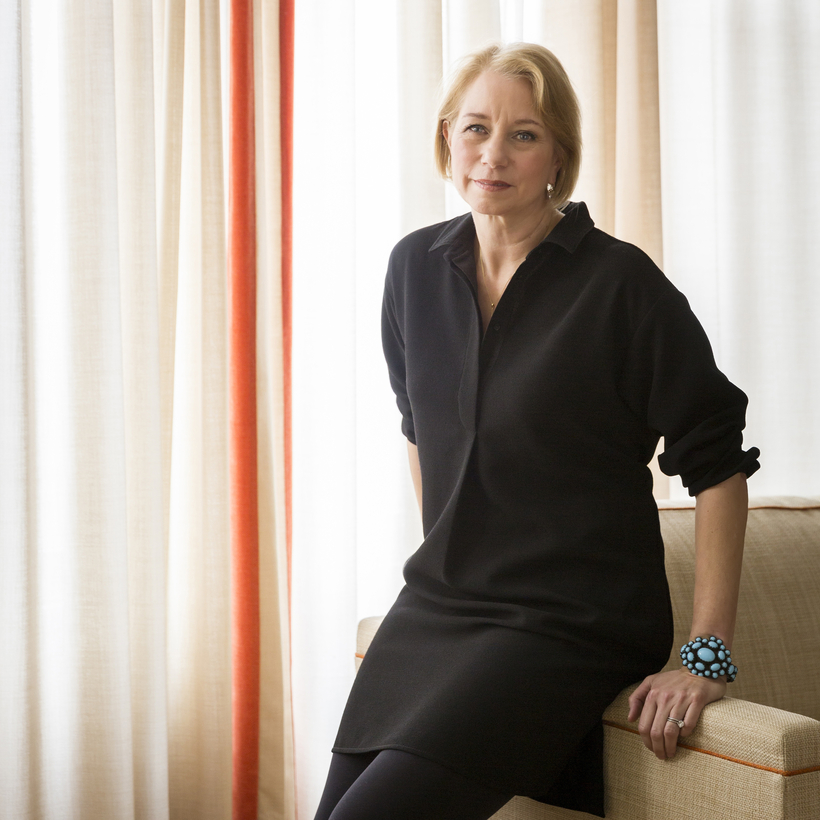A crackerjack mystery writer need not have been a journalist first, but the evidence is compelling that it can help—Michael Connelly, Stieg Larsson, and Edna Buchanan are good exhibits. In that pantheon belongs Laura Lippman, a former reporter for the Baltimore Sun whose most famous protagonist is Tess Monaghan, a reporter turned private investigator. Lippman is equally adept at writing novels that are not part of a series, and her three most recent, Sunburn, Lady in the Lake, and Dream Girl, are among the best mysteries published in the last few years. Seasonal Work, her new collection of short stories, illustrates how Lippman’s gift for exploring the criminal mind—and heart—can be as succinct as she wants it to be. Lippman lives in Baltimore with her husband and daughter.
JIM KELLY: When you sit down to write a book, do you always know the ending?

